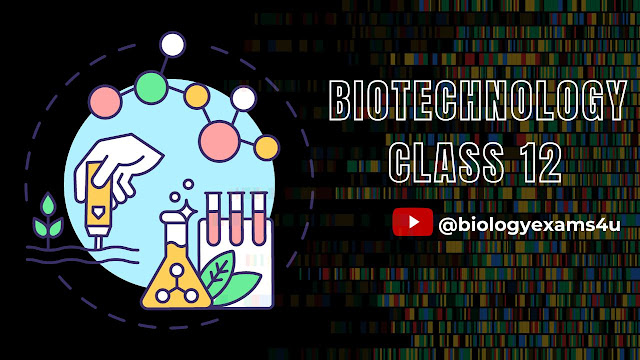• Entrepreneur is an individual who undertakes an activity foreseeing business opportunity. They organise resources needed for starting the enterprise and also bear the risk involved in the process.
• Entrepreneurship is widely regarded as the best way to augment the growth of an economy. Entrepreneurs have played a significant role in developing some of the best economies of the world like that of USA and Japan. In India also we have had several communities who have played the significant role of entrepreneurs for the economic development of our nation.
• Entrepreneurs are seen to display certain inherent qualities like that of initiative, knowledge and skill, risk-taker, adaptability, self-confidence and they are also the wealth creators.
The two terms—entrepreneur and intrapreneur, are often used interchangeably. But each has a distinctive definition. An entrepreneur is a person who takes risks to start a business venture in order to earn profit. On the other hand, an intrapreneur is an employee of an organisation who promotes innovation among the employees of the organisation.
• In entrepreneurial terminology, the term ‘Startup’ has become a popular word. A startup should be working towards innovation or improvement of the existing products, services and processes and should have the potential to generate employment and to create wealth. An entity formed by splitting up or reconstruction of an existing business shall not be considered a ‘Startup’.
• There are seven sources of starting a new venture viz. Personal Investment, Venture Capital, Angel Investors, Business Incubators, Government Grant Subsidy and Bank Loans.
• Biotechnology entrepreneurship consists of all the activities that an entrepreneur does to build and sustain an enterprise based on biotechnological innovation. It is an enterprise built by the amalgamation of science and business.
• There are six steps that are critical to starting a biotech enterprise, these are—Need assessment, Identification of founders and key personnel, Getting a legal expert, Incorporate the company as a Limited Company, Design a marketing and business strategy, and Focus on technology development.
• The proprietary aspect is the key feature of biotechnology in modern times. In the past, innovations in biotechnology came out only of publicly funded laboratories. In present times, biotech innovations are well protected within legal framework of Intellectual Property Rights (IPR). Aspects of IPR involved in biotechnology are Patent, Plant Breeder’s rights and Farmer’s Variety Act, Trademark, Copyright and Trade-secrets.
• Biopiracy is a major issue in efforts to commercialise biotechnological knowledge. When there is commercial exploitation of biochemicals or genetic materials which occur naturally, it is known as biopiracy. Generally, indigenous people have traditional understanding of biological features and genetic diversity of the natural environment passed on from one generation to another. There have been cases of infringement of rights towards traditional materials in recent times. A case of biopiracy by multinational corporations is that of the Neem tree of India. Another case was when patent was granted to researchers for the use of turmeric in wound healing, which was revoked later. Yet another case was when rice similar to Basmati was granted patent in USA, which was also revoked later.
• In order to curb the biopiracy of traditional medicines, Traditional Knowledge Digital Library (TKDL) has been set up which is a pioneering initiative of India to prevent misappropriation of country’s traditional medicinal knowledge at International Patent Offices.

